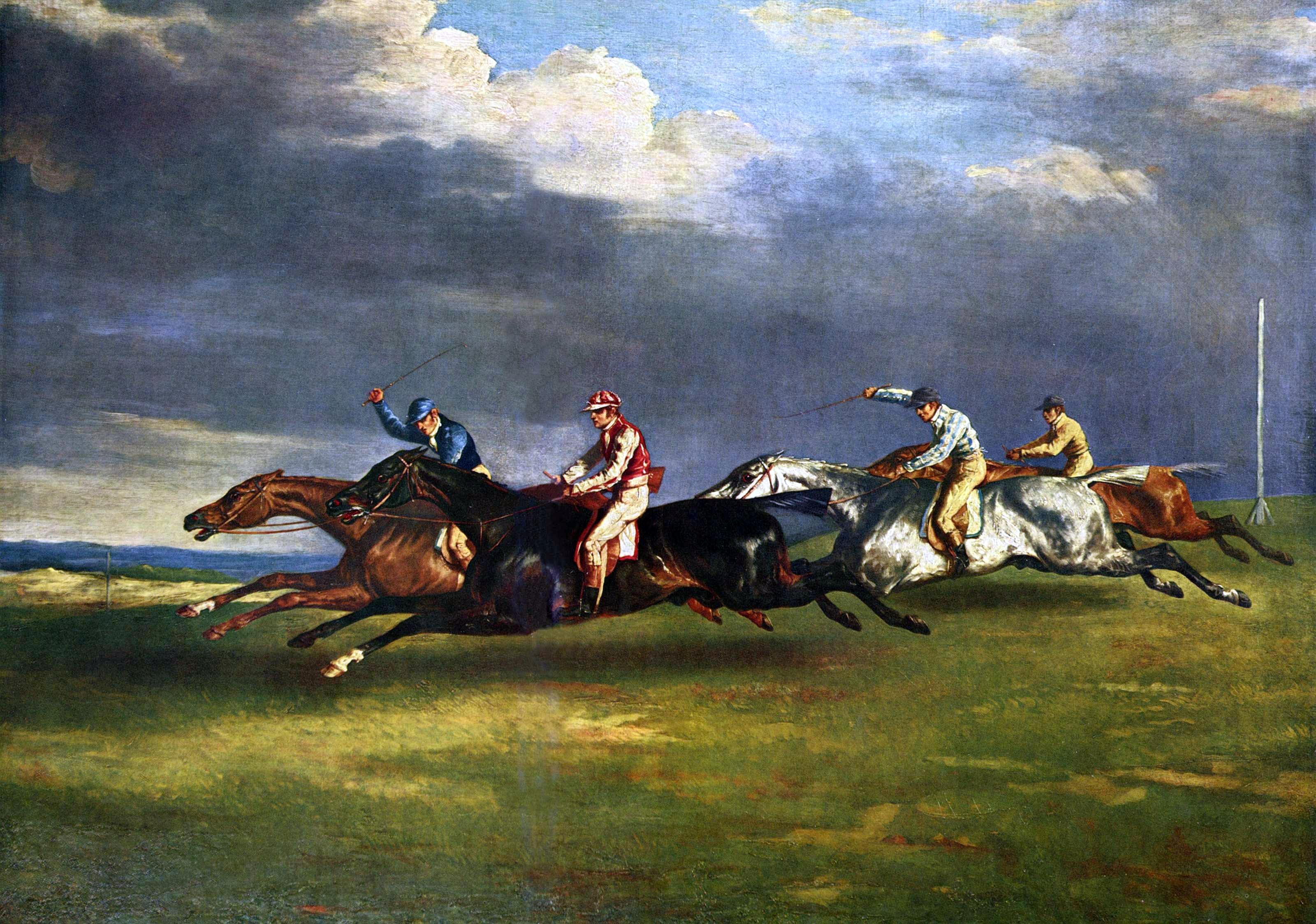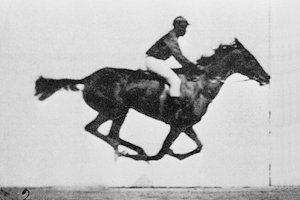It's extremely easy to think of the answer as just a camp remark from a dandy Oxfordian who both excelled and reveled at making comments whose worthiness vested not in their content but in their dazzling form. But as Fry pointed out, it does have immense meaning in the Wildesque concept of rationality. And obviously, no religion, and few humans have come even close to matching the incisive perfection of that intellect that rested on those shoulders clothed in those silk and velvet raiment. In many senses, he was the Albert Einstein of the art world. His stature continues to grow as time passes whilst his contemporaries are reduced to midgets in our memories. He was the irreverent rebel who refused to weigh the world in the balance of conventional rationality. Instead, he chose to invent his own. And how beautiful it all is and how indebted our sensibilities to him.
Anyways, what he meant by his remark was this (again paraphrasing Fry slightly): Nature is absolutely and unreservedly beautiful. It's beautiful in the aridity of the dune riddled deserts and it's beautiful in the frigidity of the arctic wastes. It's beautiful in the vast expanse of the humbling oceans and it's beautiful in the delicate balance of African wilderness. It's beautiful everywhere. Except of course in places where it has come across humans. Humans have done exceedingly well in despoiling this beauty not by being trespassive but by being unimaginative. We have ravaged this elegance by employing mediocre architecture, building ugly factories, creating horrible music and, in general, succumbing to the whims and fancies of the lowest common denominator. I suppose another reason for this remark was the fact that the period was late 19th century and New York still had to wait for another 5 decades to lay it's claim as the center of world art and truly revolutionary music and science were yet to be born in this country. In any case, it was a time when the citizens were surrounded by dull ideas and their duller manifestations and naturally they saw themselves as belonging to a specie that could only uglify that which is completely beautiful. It instilled a sense of guilt and as Freud suggested, this guilt led to a violent disposition. This is what Wilde meant then and my god how very true is it today.
And we see the wheel turning all over again in the form of religious intolerance. The fact that religion today is incapable of delivering artists who could paint another Sistine Chapel with the elegance of Michelangelo or compose another 'Payoji maine' with the aesthetic sensibilities of Mirabai or pen another Odyssey with the grand artistic vision of Homer just goes on to show that God, if at all real, has at least lost all taste. Since morality is hardly a prerogative of religion, in the absence of beauty, all that religion exclusively teaches is divisiveness. And in the absence of contemporary examples of grace and elegance, all that it has to offer is rhetoric in the self-righteous ramblings of cocksure leaders who are the mediocre doyens of the unsure and the unimaginative. And it is these people, who obviously have a screwed up if not completely absent concept of beauty, who have either the time or the inclination or the desperation to strap up an IED and blow themselves up for a notion of paradise that's, to put it mildly, completely fucked up. I understand the need for religion but I cannot grasp it's unreserved, unquestioned acceptance. It will take me the rest of the week to elucidate the number of things I find wrong with it so I would rather pass.
The point is, good art is not a luxury that we can dispense with. We need assurances that we are capable of creating beauty in order of maintaining our sanity and science and art are the two avenues which help us realize that. Religion used to be in the form of a willing and able patron but, I'm afraid, it no longer is.
P.S: Here is Kowsik's reply.

